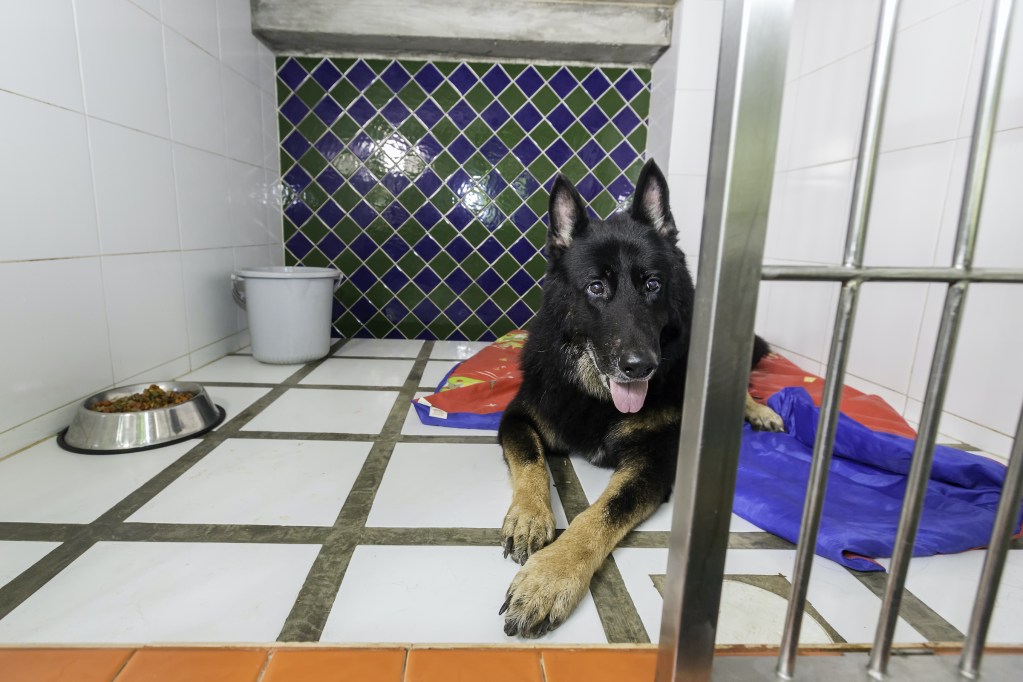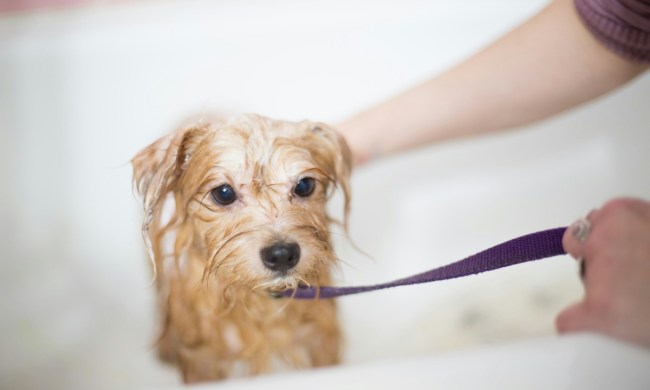Perhaps you love your friend’s Yorkie. Maybe you grew up with a beagle and always dreamt of having one of your own. Getting fixated on a specific breed is normal and natural, and there’s no shame in it. Just like gender disappointment is a “thing” in parenting, so is dreaming about welcoming a specific dog with a distinct look and characteristics into your family.
Still, you want to consider different types of dogs while searching for a new furry family member. It may be difficult to wrap your head around, but researching other breeds and considering all of your options is an essential step in the process of choosing a dog breed. That doesn’t mean you must consider all dog breeds — that’s overwhelming — but you want to look into several. Here’s why and how to jumpstart your search for your next four-legged best friend.
Why you should research different types of dogs
The process of choosing a pet can be fun but overwhelming. It’s tempting to want to jump for the breed you think you love most. However, you want to take a beat and do your homework. Here’s why.
The breed you love may not be a good fit for your lifestyle
You may think that a small dog is perfect for your small apartment. However, not all smaller breeds are great apartment dogs. Some, like Jack Russell terriers and miniature American shepherds, need tons of physical activity. Often — but not always — these pets do best in a home with a backyard.
Other breeds, such as Chihuahuas, are prone to separation anxiety and have tinier bladders. They need frequent walks or chances to go to the potty. If you work double shifts, these pups may not be best for you.
On the other hand, if you’re around a bunch and looking for an exercise buddy, a Lab may be a great jogging companion. French bulldogs, which have flat faces and are prone to breathing issues, likely won’t be running any 5Ks by your side (but they will be thrilled to cuddle after you cross the finish line).
Some dogs are also better with other pets and small children than others, and this is an important factor to consider.
The shelter may not have the dog you want
Adopting a dog from a local shelter is one of the most rewarding things you can do. You give one pet a second chance and another animal the opportunity to take their space without euthanization.
Shelters have tons of unique pets, including purebreds and mutts. They may not have the breed you thought you wanted, though. You have a few options in this case. If you feel you’ve really done your homework, you can look into reputable breeders or breed-specific rescues. You can also wait and ask a shelter to contact you if it gets the breed you’re looking to adopt.
Alternatively, you can have meet-and-greets with other pets. One may surprise you, and it could be the beginning of a decades-long friendship.
You simply fall in love with another dog
You’re not tied to a specific breed. If you went to a shelter thinking you wanted a small breed but fell in love with the gigantic lovable pit bull that thinks they’re a lap dog, don’t limit yourself. If you love the dog and can meet their physical and mental stimulation needs, go for it!

Resources to research breeds
We may have just given you homework — sorry. The good news is: You have plenty of resources to look into all types of dogs. Better news: Many allow you to look at and play with cute pups. Some resources include:
- The American Kennel Club (AKC) website. The AKC has tons of information on dog breeds, including personalities, sizes, life spans, and social and physical characteristics.
- Friends and family. Ask your friends and family about dogs they love and which breeds they envision you loving. Sometimes, those who love us best know us best.
- Meet-and-greets. Go down to the shelter with an open mind and meet and greet other dogs. You can also volunteer to walk them. There’s no pressure to adopt one, but it may help you figure out which breeds you connect with most.
- Reputable breeders. While adopting is a great option, reputable breeders have a wealth of knowledge and passion for specific breeds. They want what’s best for the breed and can give you insights into specific characteristics of a type of dog you’re interested in adopting or purchasing from a responsible breeder.

The pet search process can be overwhelming but should be fun. Don’t limit yourself to a specific breed — at least not at first. Research a bunch so you get a feel for the types of dogs out there. Having an open mind can help, especially if your small apartment has weight limits or the local shelter doesn’t have golden retriever puppies (but does have the world’s sweetest German shepherd).
Browsing the AKC website, speaking with family and reputable breeders, and meeting with dogs can help you, too. Remember, all dog breeds have pros and cons, and each pet is unique. What’s most important is that you find the perfect fit for your home and lifestyle so you and your pet can be forever friends.




